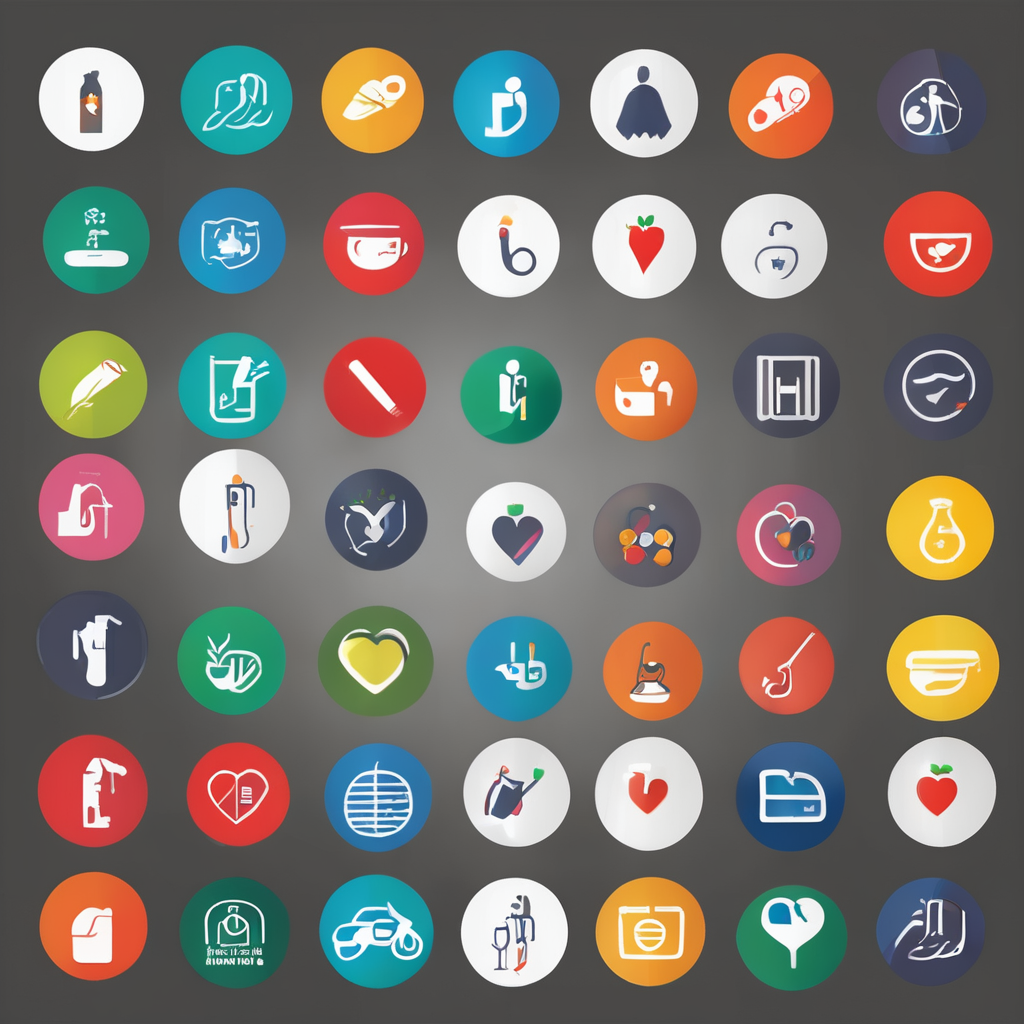Overview of Chronic Care Challenges
Navigating the realm of chronic care often comes with various challenges. Chronic care refers to the ongoing treatment and management of long-term health conditions such as diabetes, heart disease, and asthma. The scope of managing these conditions is extensive, requiring continuous medical attention and lifestyle adjustments.
One of the significant healthcare challenges is ensuring medication adherence. Patients frequently encounter barriers like complex medication regimens, forgetfulness, and side effects, which impede consistent medication intake. These barriers can severely impact medication adherence, resulting in suboptimal treatment outcomes.
In the same genre : Enhancing Remote Work Wellness: How Digital Tools Empower Mental Health
The implications of non-adherence are profound. When patients fail to follow prescribed medication plans, it can lead to worsened health conditions, hospitalizations, and increased healthcare costs. This is detrimental not just to patient well-being but also strains the healthcare system.
Understanding these obstacles provides a foundation for devising effective strategies to enhance adherence. Solutions could include improving patient-doctor communication, simplifying treatment regimens, and providing patient education. The move towards integrating healthcare challenges with technology like mobile apps can also offer promising solutions to overcome these barriers, fostering better patient outcomes and enhancing the quality of chronic care management.
Also to read : Revolutionizing Chronic Pain Relief: The Power of Integrative Medicine Strategies
Role of Mobile Apps in Medication Management
Mobile health apps are revolutionizing the way patients manage their medication schedules. These apps provide a range of features designed to enhance medication adherence through tailored solutions. They integrate reminders that can be customized according to individual patient needs. This personalization ensures that patients are reminded at optimal times, reducing the likelihood of missed doses.
Beyond reminders, educational resources are embedded within these apps to increase patient knowledge about their medications and associated conditions. This information empowers patients to make informed decisions regarding their health.
Moreover, these apps offer dynamic tracking features, allowing both patients and healthcare providers to monitor adherence patterns effectively. Such tracking fosters accountability and facilitates timely interventions if lapses in adherence occur.
Patient engagement is further enhanced as apps use gamification and reward systems, transforming medication management into an interactive experience. This engagement encourages sustained adherence over time. Additionally, some apps offer communication channels with healthcare providers, fostering a collaborative care approach. By facilitating seamless medication management and engaging patients actively, mobile apps serve as crucial tools in addressing the challenges associated with chronic care management.
Case Studies and Statistics on Effective Mobile App Usage
Exploring the effectiveness of mobile apps in healthcare provides essential insights into their impact on improving patient outcomes and medication adherence. National studies reveal impressive results in adherence rates attributed to these digital tools.
Successful Case Study 1
One illustrative case involved the use of an app called “MediReminder.” This app successfully boosted adherence in diabetic patients by incorporating customizable reminders and interactions. The significant increase in patients taking their medication on time underscores the app’s adaptability to individual patient schedules.
Successful Case Study 2
Another compelling example is the “CareConnect” app, tailored for heart disease management. This app demonstrated improvement in mortality rates and overall health metrics for patients. By offering a comprehensive educational suite within the app, patients were more likely to engage with their care plans actively.
Impact Statistics on Patient Adherence
Healthcare studies provide robust adherence statistics, showing a rise from 60% to 85% adherence rates after implementing health apps. Such changes in adherence have improved by intervening directly to resolve healthcare challenges related to managing complex medication regimes. These findings are acknowledged by healthcare providers, who commend the apps for enhancing communication and accountability among patients.
Practical Insights for App Implementation
Selecting and implementing the right mobile app for chronic care requires careful consideration. Prioritizing seamless integration into patients’ lifestyles can enhance user engagement and improve outcomes.
Key Steps for App Selection and Integration
- Identify Needs: Clearly define what features align with your medication management requirements.
- Evaluate Options: Compare apps based on user reviews, expert recommendations, and compatibility with existing healthcare protocols.
- Pilot Testing: Conduct a trial with a small patient group to assess effectiveness and gather feedback.
User-Centered Design Considerations
Adopting best practices in design ensures the app is intuitively navigable and accessible to diverse users. This includes:
- Simple Interfaces: Ensure ease of use with minimal navigation steps.
- Personalization Features: Allow customization to meet individual patient needs, fostering active patient engagement.
Strategies for Enhancing Engagement
To boost patient interaction with the app:
- Gamification Elements: Introduce rewards and challenges to make medication adherence more enjoyable.
- Regular Updates: Offer consistent app improvements and new features based on user feedback and clinical research.
These practical insights can drive successful app implementation, optimising healthcare challenges and enhancing the patient experience in chronic care.
